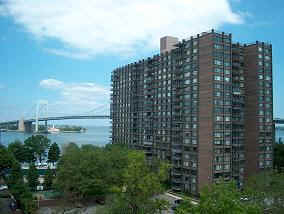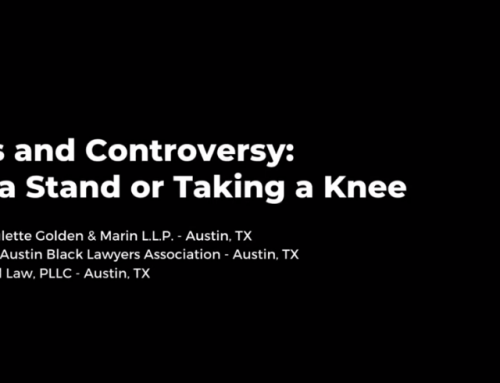An elderly woman can keep the air conditioner in her Queens apartment that eases her asthma and allergies after a judge ruled the cooperative building’s demand she remove the appliance or face eviction would constitute housing discrimination.
Queens Supreme Court Justice Martin J. Schulman recently confirmed a judicial hearing officer’s report that found a co-op building’s demand for Clara Feldman to remove her air conditioner would amount to discrimination under the Fair Housing Amendment Act, as well as state and city anti-discrimination statutes.
The federal act extended the Fair Housing Act’s anti-discrimination statutes to protect against the discrimination owing to a person’s handicap.
Ms. Feldman, 86, has asthma and is allergic to dust, pollen and airborne allergens; when coming into contact with the allergens, she coughs, sneezes and experiences headaches and difficulty breathing.
To alleviate her condition, Ms. Feldman installed the air conditioner in 2000 in her Whitestone co-op apartment building, called the Cryder House.
She spends a large part of her day near the air conditioner in the less-than 1,000 square foot apartment she shares with her husband, Jerome.
After a repairman for the co-op spotted the appliance during maintenance work inside the Feldman’s apartment, the co-op sent a notice to the leaseholder, the Feldman’s son Stuart, warning of a breach of lease. The building is equipped with central air conditioning.
The March 2006 notice gave the Feldmans a one-month deadline to remove the air conditioner or face eviction.
The Feldmans responded with a lawsuit alleging violations of the Fair Housing Amendments Act because of a threat of eviction due to Ms. Feldman’s physical impairment. The suit also called for a declaration that the air conditioner did not break house rules and a permanent injunction against evicting the couple because of the air conditioner.
The co-op maintained that the couple never got written permission to install the unit, which was a violation of the lease and house rules. Furthermore, it claimed the Feldman’s continued occupancy without removing the appliance violated the lease.
Feldman asserted that the Corporation violated the federal Fair Housing Amendments Act of 1988 and committed an unfair housing practice by discriminating against Mrs. Feldman.
Decision:
The Feldmans were awarded judgment against the Corporation and as the prevailing parties within the meaning of the Fair Housing Amendment Act and in exercise of discretion may be awarded attorney’s fees.
Significantly, the judge noted that, “It might well be argued that had a proper request to the board been made before installation accompanied by Clara’s medical history that it would have been unreasonable for the board to withhold such permission.”
This article originally appeared in the New York Law Journal, December 6, 2011
Colin Kaufman and Pete Reid represented the Feldmans on behalf of ALBPC.






